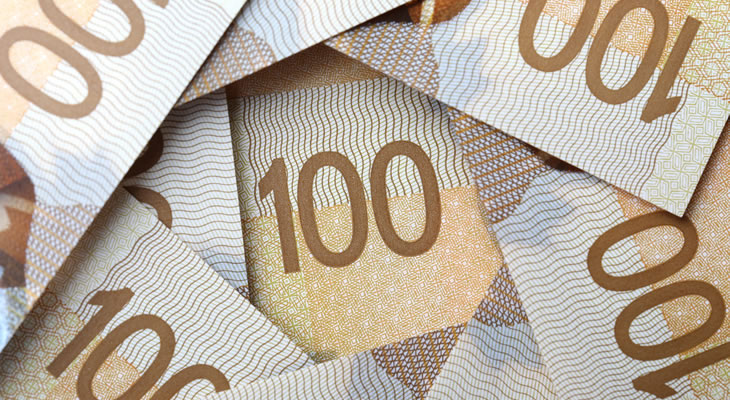An unexpectedly strong UK manufacturing PMI was not enough to boost the Pound Canadian Dollar exchange rate, with the mood of markets soured by the latest Brexit worries.
While the PMI showed a surprise uptick from 54.2 to 57.3 in April, pointing towards a strong level of expansion, this failed to substantially improve the outlook of the domestic economy.
As Rob Dobson, senior economist at IHS Markit, noted:
‘Although only accounting for 10% of the economy, the upturn in the manufacturing sector represents some welcome good news after the sharp slowing in GDP seen in the first quarter. The big question is whether this growth spurt can be maintained, especially given the backdrop of ongoing market volatility and a number of political headwinds such as elections at home and abroad.’
In spite of the positive data, demand for Sterling remained muted thanks to rising concerns that Brexit negotiations could stall before they even have a chance to begin.
Reports suggest that Brussels is unimpressed by Theresa May’s continued insistence on running parallel talks regarding the divorce and a future trade deal; something which EU officials have already ruled out.
These latest signs of disagreement raised the prospect of the UK leaving the bloc without any new deal in place, increasing the downside bias of GBP exchange rates.
Even so, if April’s construction and services PMIs also point towards a greater level of economic activity and expansion the Pound could find itself on a stronger footing once again.
Given that the service sector accounts for more than three quarters of the UK economy a positive showing here could give investors greater incentive to buy back into the softened Pound.
The Canadian Dollar, meanwhile, started the week on an uptrend thanks to a better-than-expected domestic manufacturing PMI.
This improved market sentiment regarding the outlook of the Canadian economy, particularly after the Trump administration stepped back from its intention to tear up the North American Free Trade Agreement (NAFTA).
Even though oil prices remained under pressure the mood towards the ‘Loonie’ picked up as a result, with markets hopeful that OPEC will agree to extend its current oil production limits.
However, the Canadian Dollar may struggle to hold onto its recent gains if Bank of Canada (BOC) Governor Stephen Poloz takes a dovish tone in a speech on Thursday.
If Poloz leans further away from the possibility of tighter monetary policy then the GBP CAD exchange rate could find a rallying point, particularly if market risk appetite weakens once again.


Comments are closed.